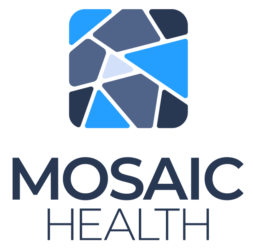
Early screening for memory issues is clinically important in diagnosing conditions like Alzheimer’s disease and other dementias. There are some useful outpatient screenings healthcare providers as well as psychiatrists often use in their office practices. The One-Minute Naming Test is a simple one you can try at home if you think you or someone you love may be experiencing memory issues. Take special note that performing this test without professional assistance or evaluation should not replace advice from your healthcare provider.
The One-Minute Naming Test
Grab a stopwatch or timer for this brief test. When you’re ready, go ahead and name as many objects in a category (for example, animals) as you can within one minute. Have a friend or family member keep track of how many you name. It’s considered good if you can come up with the names of more than 21 objects. If, on the other hand, you cannot name 15 or more objects, you could be experiencing some cognitive impairment and should seek further evaluation from a healthcare professional.
It’s important to be aware of minimal cognitive impairment (MCI) because of the associated risk to later develop dementia. The prevalence of MCI in adults over 65 is as high as 19%, and more than half of people with MCI go on to develop dementia after five years.
Talk to your Primary-Care Provider
An annual memory screening is included in the free Medicare Annual Wellness Visit, and it is just one of the many reasons that regular check-ins with your doctor are so important.
“Any good primary-care provider is going to look for early signs of Alzheimer’s and screen for it,” explains Family Medicine Physician Ryan Baker, MD. “It’s a simple non-invasive screening done right in the office, but it lets me know what, if any, next steps need to be taken, like medications or referral to a specialist.”
Scheduling an Annual Wellness Visit is also a great opportunity for the spouse or caregiver of a person with Alzheimer’s to address their own healthcare. Caregivers of people with Alzheimer’s have a tough role, and very often let their own physical and mental health needs go unaddressed.
“If you’re living with or caring for someone with Alzheimer’s, it’s so important that you take care of yourself as well,” advises Dr. Baker. “If you don’t take care of yourself, you can’t take care of your loved one.”
If you’re concerned about memory problems or other symptoms, call your doctor. If you or someone you know has recently been diagnosed, seek out trusted information from reliable sources, including the Alzheimer’s Association and the National Institutes of Health Alzheimer’s website.




